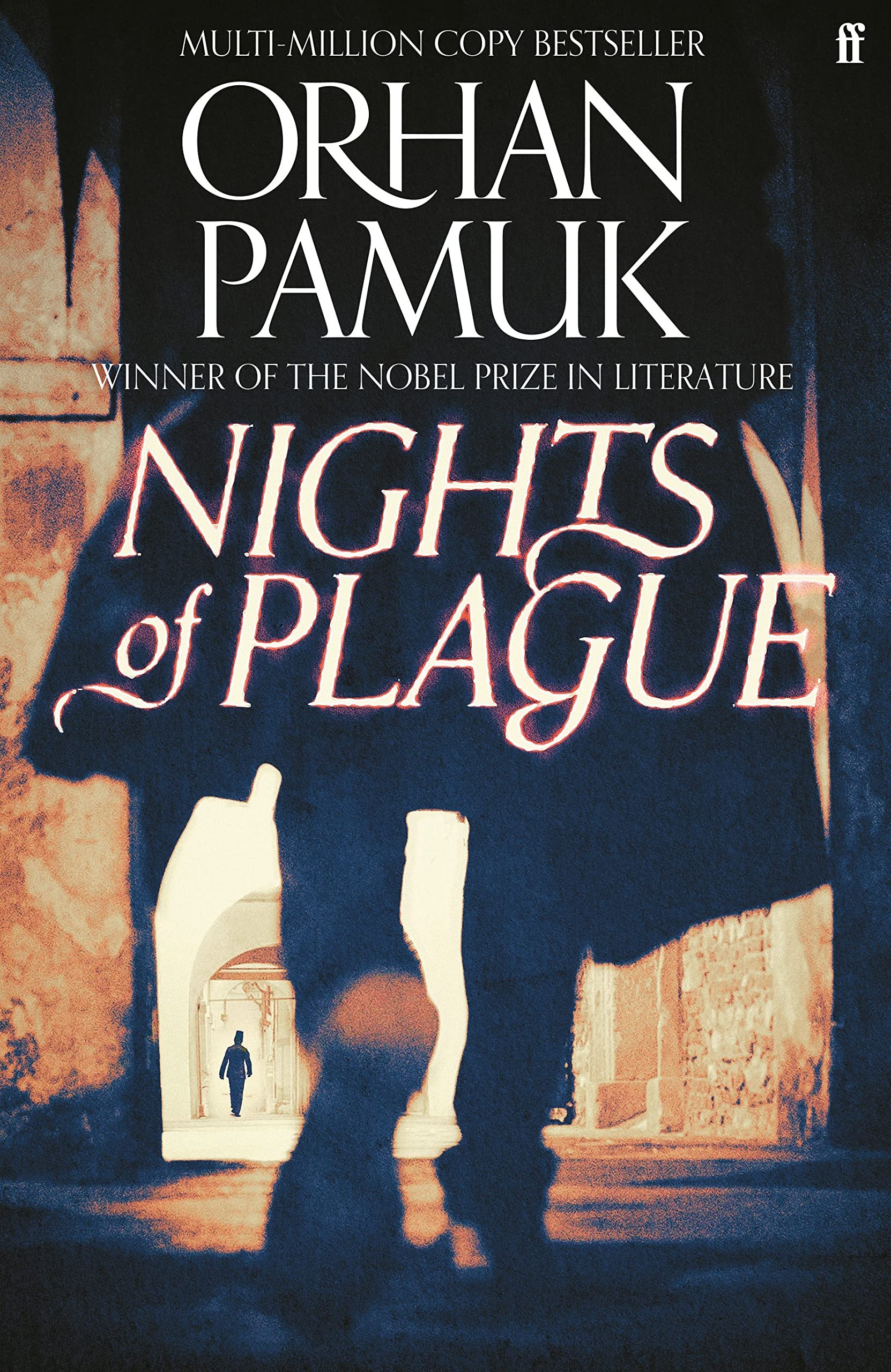Here are my top 10 books of 2022! A video is up on my YouTube channel discussing all these titles and why they made the tippity top of my year's reading pile: https://www.youtube.com/watch?v=2R6z-i1zDws
As usual, I followed a lot of book prizes this year. The winner of the Booker Prize ended up being one of my favourite books. It was a thrill to be able to attend the award ceremony and learn that Shehan is a fan of my YouTube channel. It was wonderful to be able to interview Joyce Carol Oates again this year about her most recent novel as well as the new film adaptation of her novel “Blonde”. Of course, a real highlight of the year was having two books of my own published. I was commissioned to write these titles suggesting 50 great romances and 50 great mystery novels. It was a fun project and they’ve been turned into two lovely little books.
I read around a hundred books in the past year but these are some which have made the most impact. From a mother struggling to find out how her daughter died to a recently deceased war photographer seeking his killer, these are gripping tales with characters embroiled in emotionally dramatic journeys. Many portray historic battles and wars through a personal lens. Others depict the deep personal impact chronic illness has upon the lives of families and lovers. These books bring to life the unique personality of characters caught in wide scale social and societal change. Some draw on the models of classic literature while others seem to invent their own form of storytelling.
A few such as “Demon Copperhead” and “Nights of Plague” stretch to hundreds of pages while others such as “Elena Knows” and “The Swimmers” are so slender they could be read in a day. There are scenes of heartbreaking cruelty as well as exquisite tenderness in novels such as “Bolla”, “Tomorrow and Tomorrow and Tomorrow” and “Maps of Our Spectacular Bodies” which stick out in my memory. Books like “The Seven Moons of Maali Almeida” and “The Colony” made me laugh as much as they made me cry. Some I read at the beginning of the year, but I only read “Trust” a few weeks ago and I was so struck by its inventive structure to reexamine the way we view history, capitalism and those in power.
Have you read any of these? What are the best things you've read this year?










